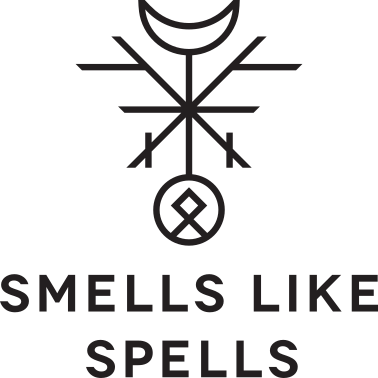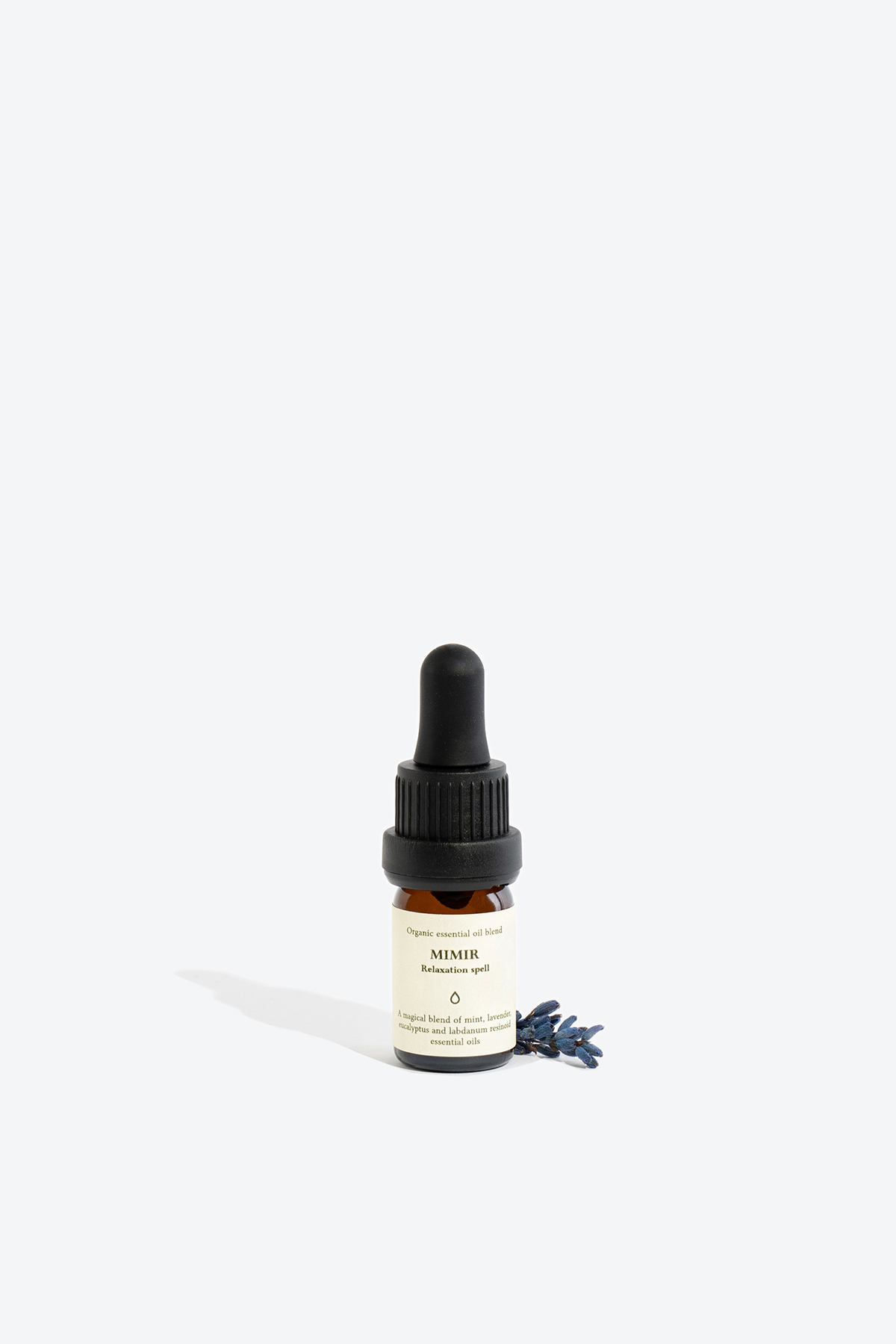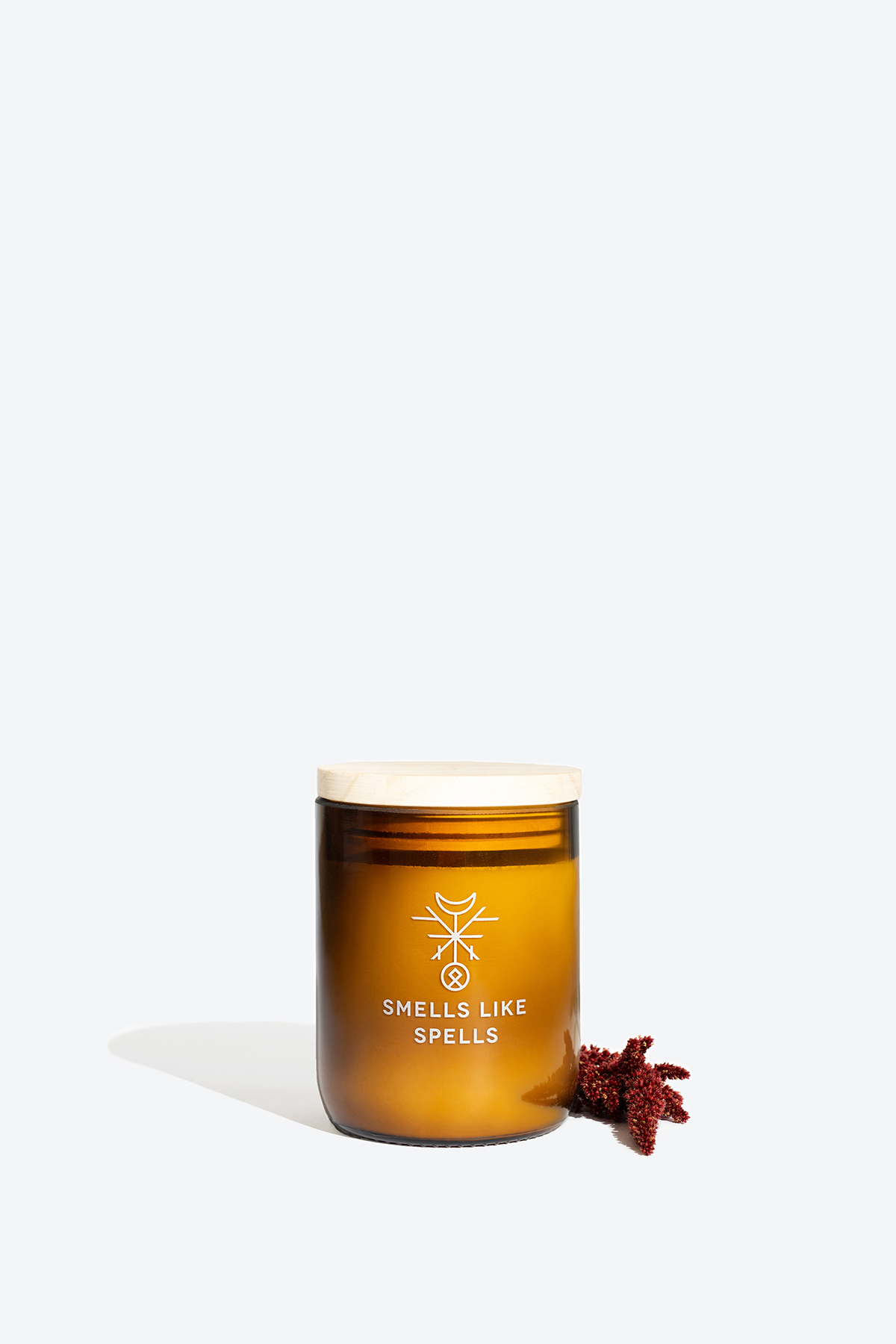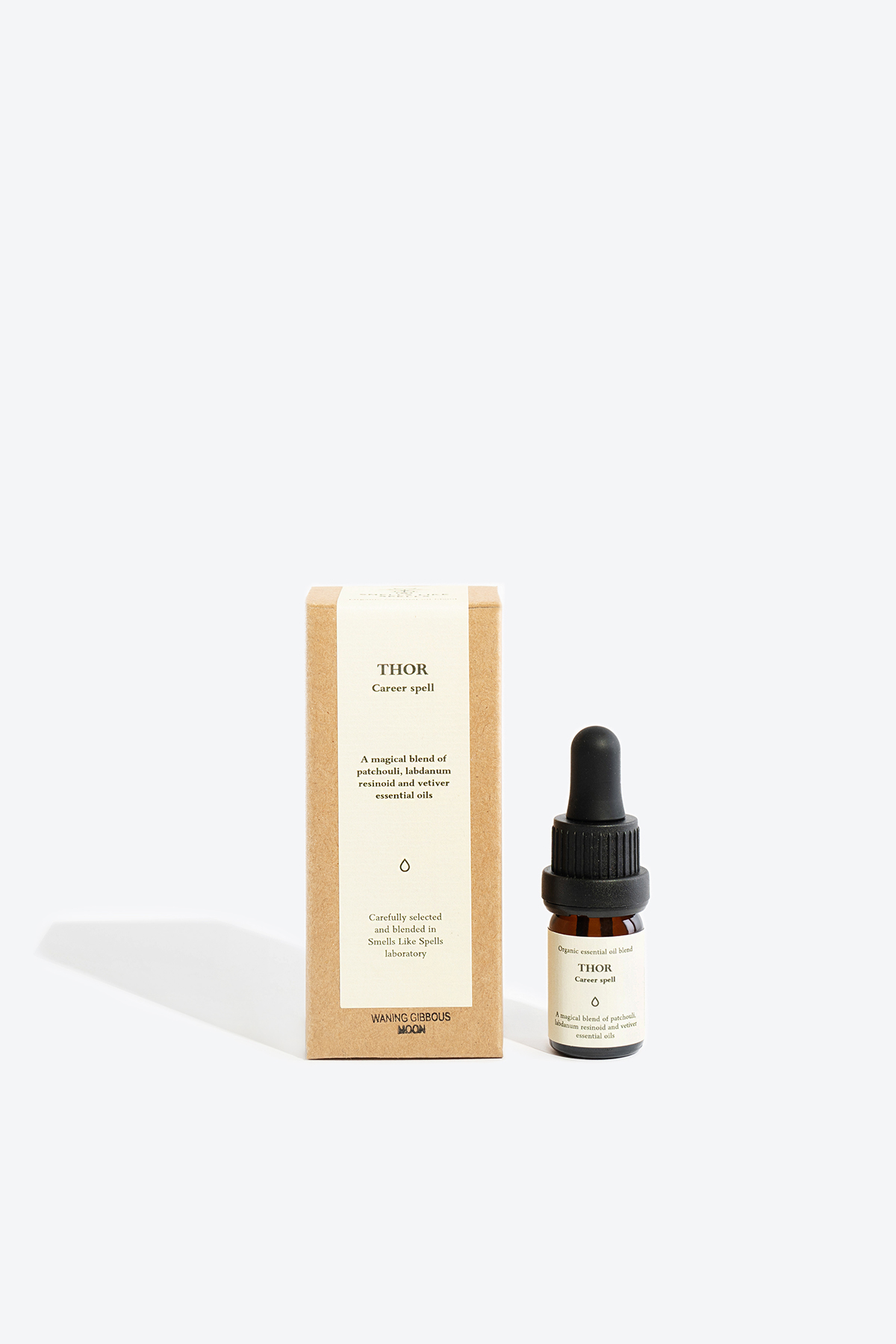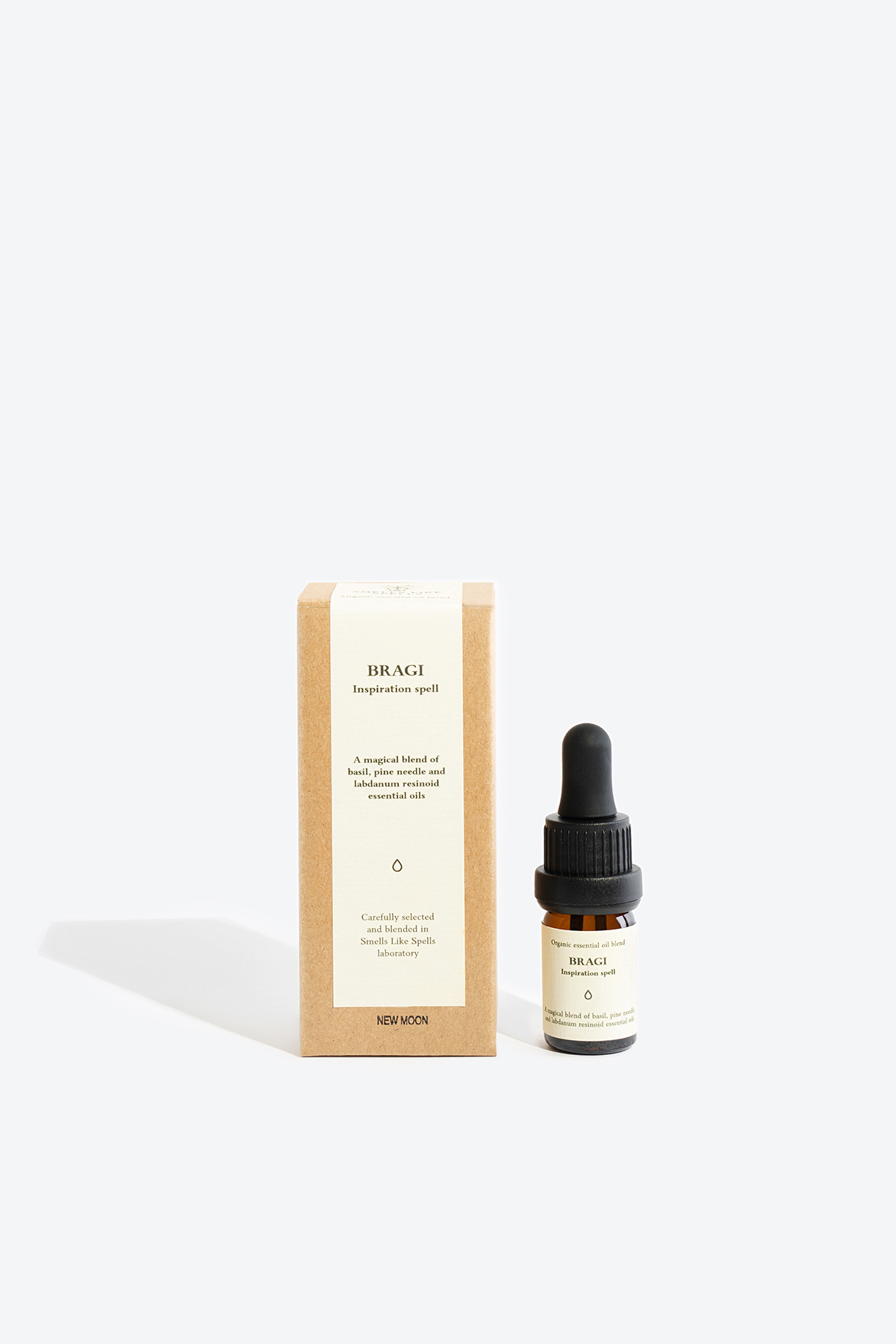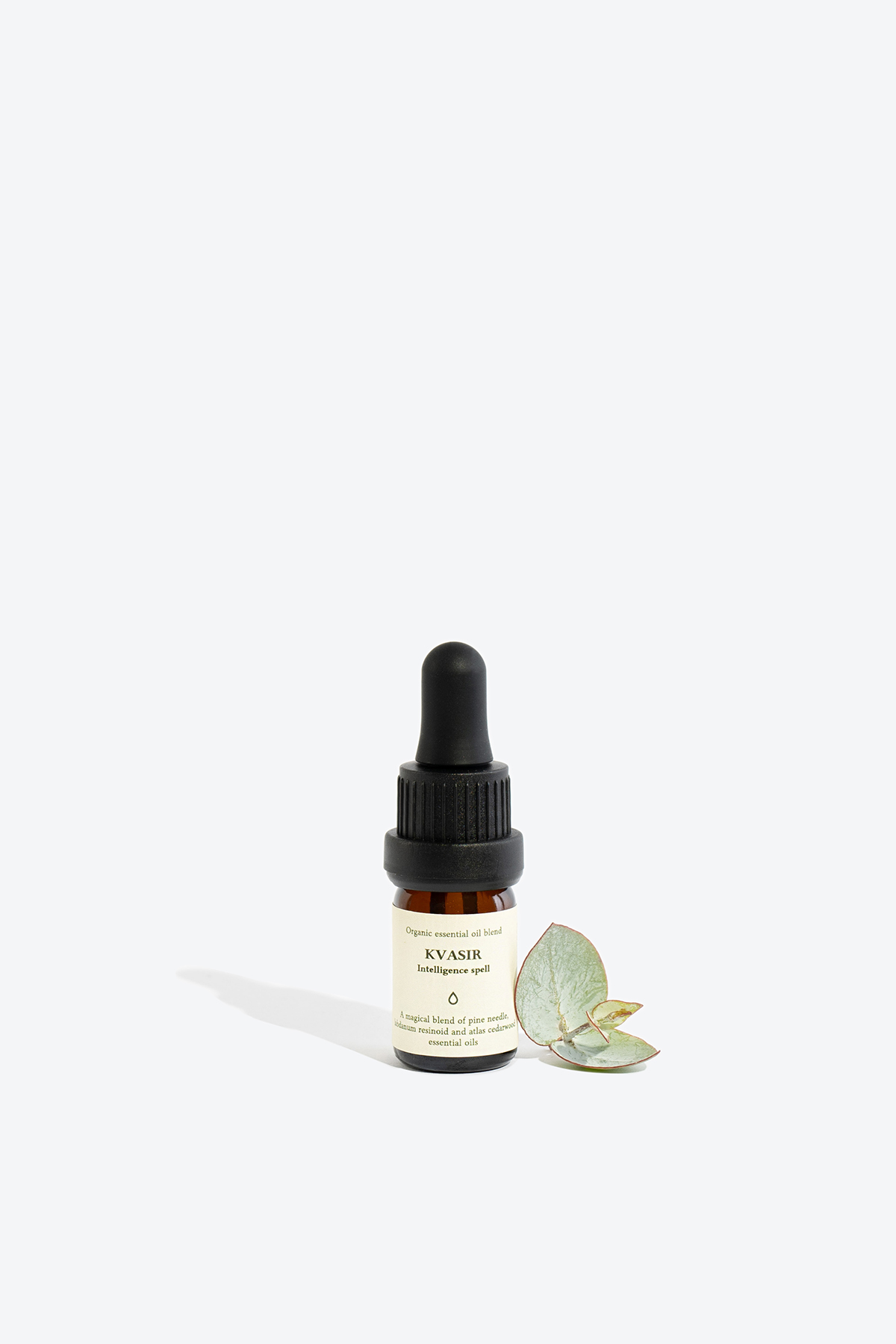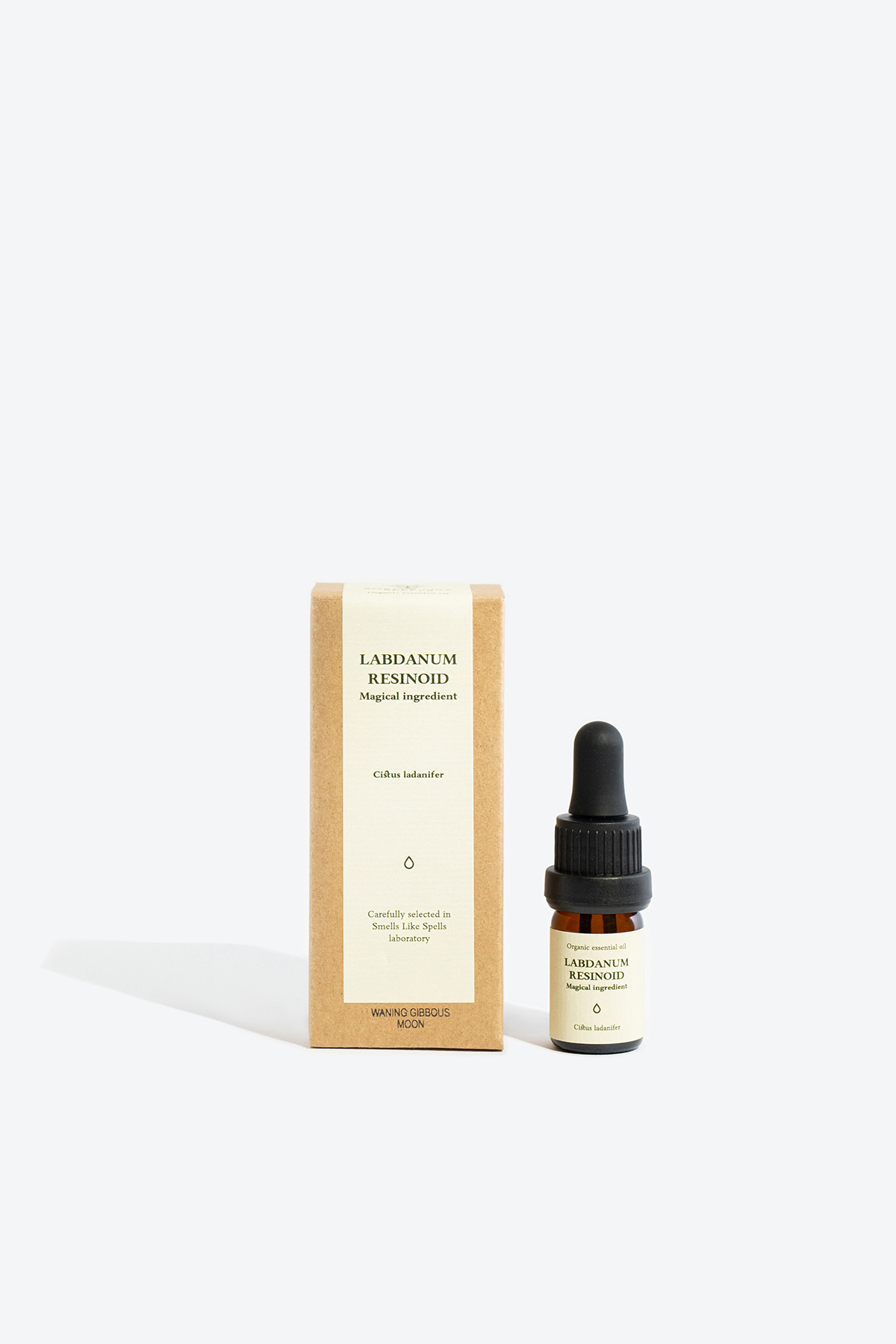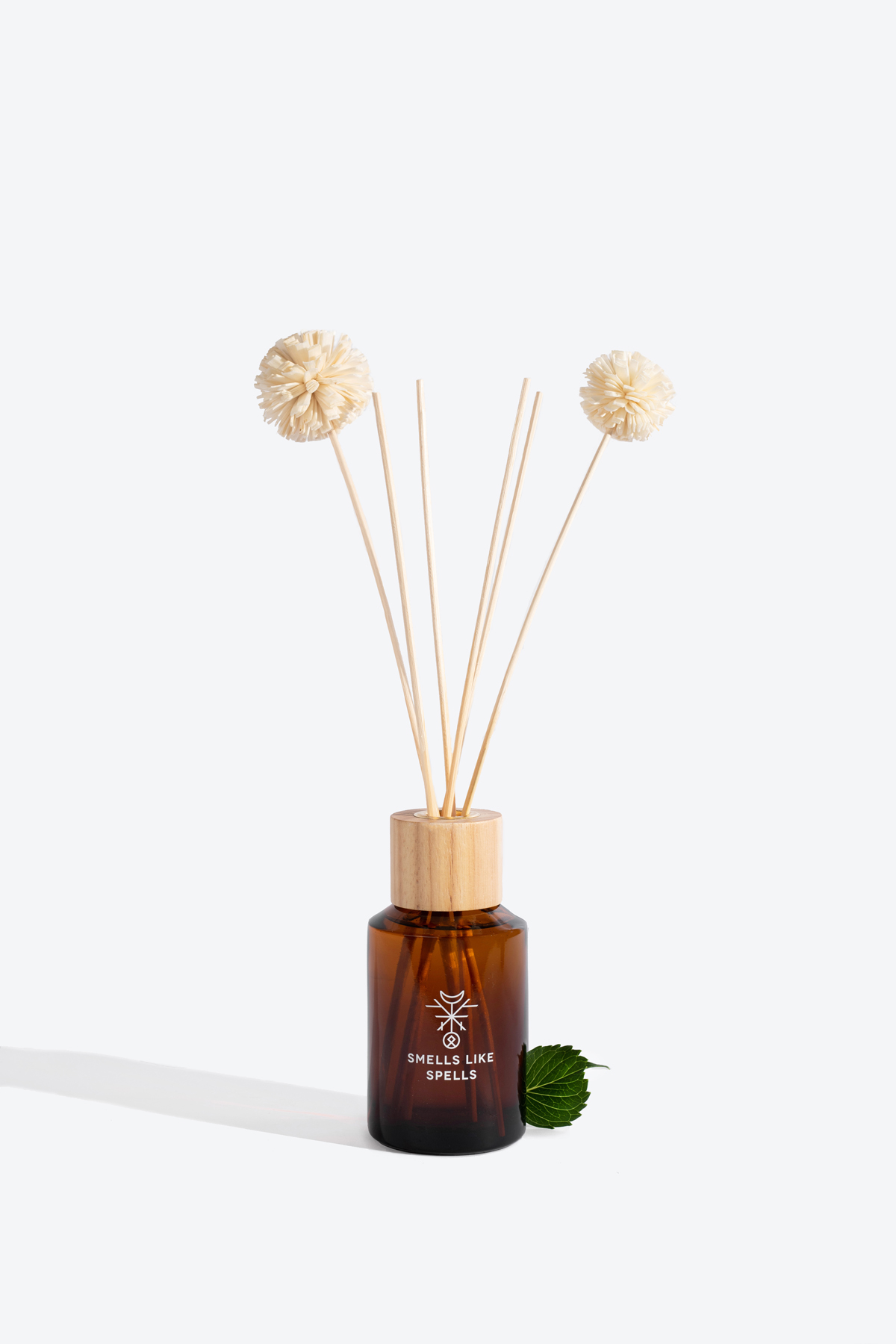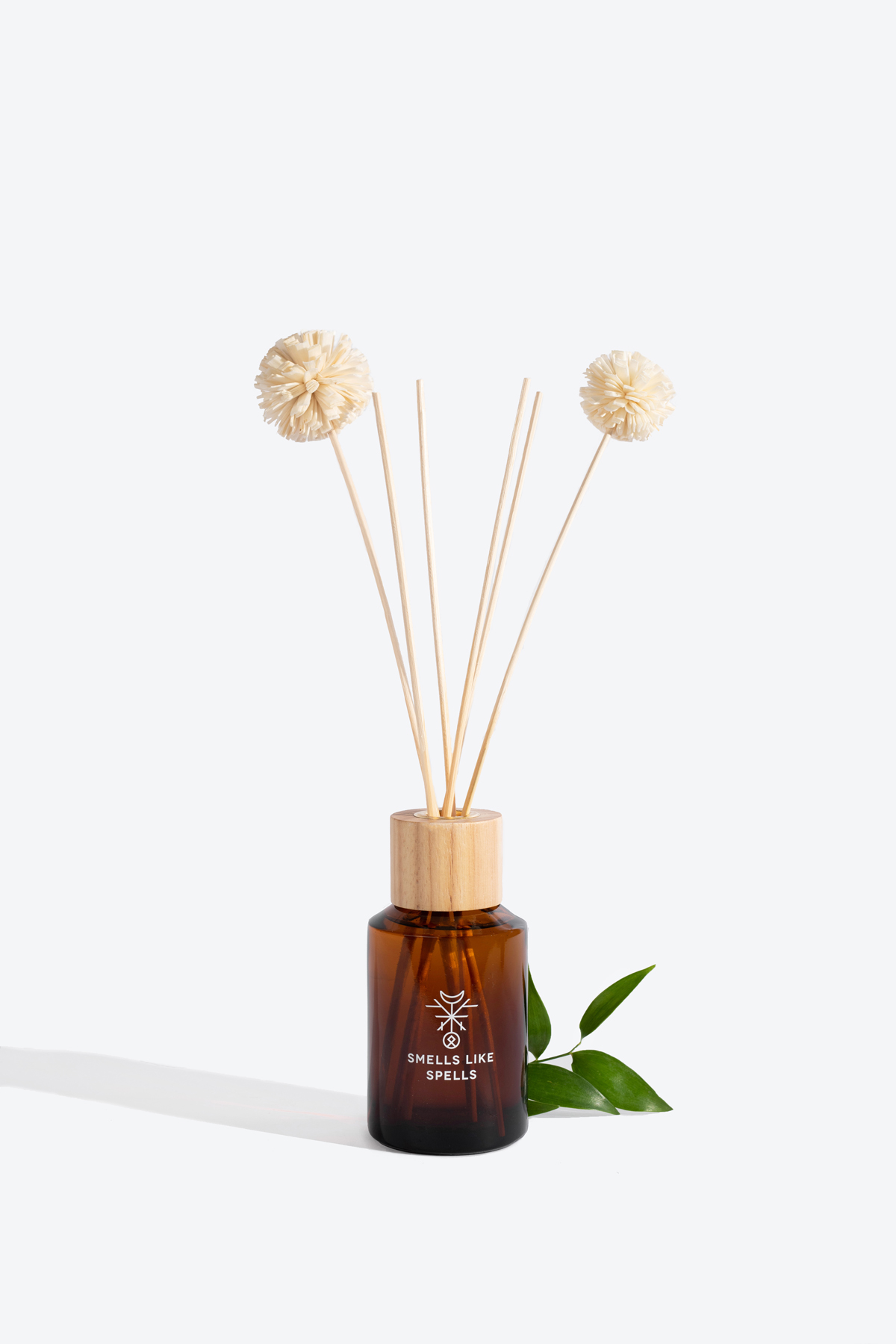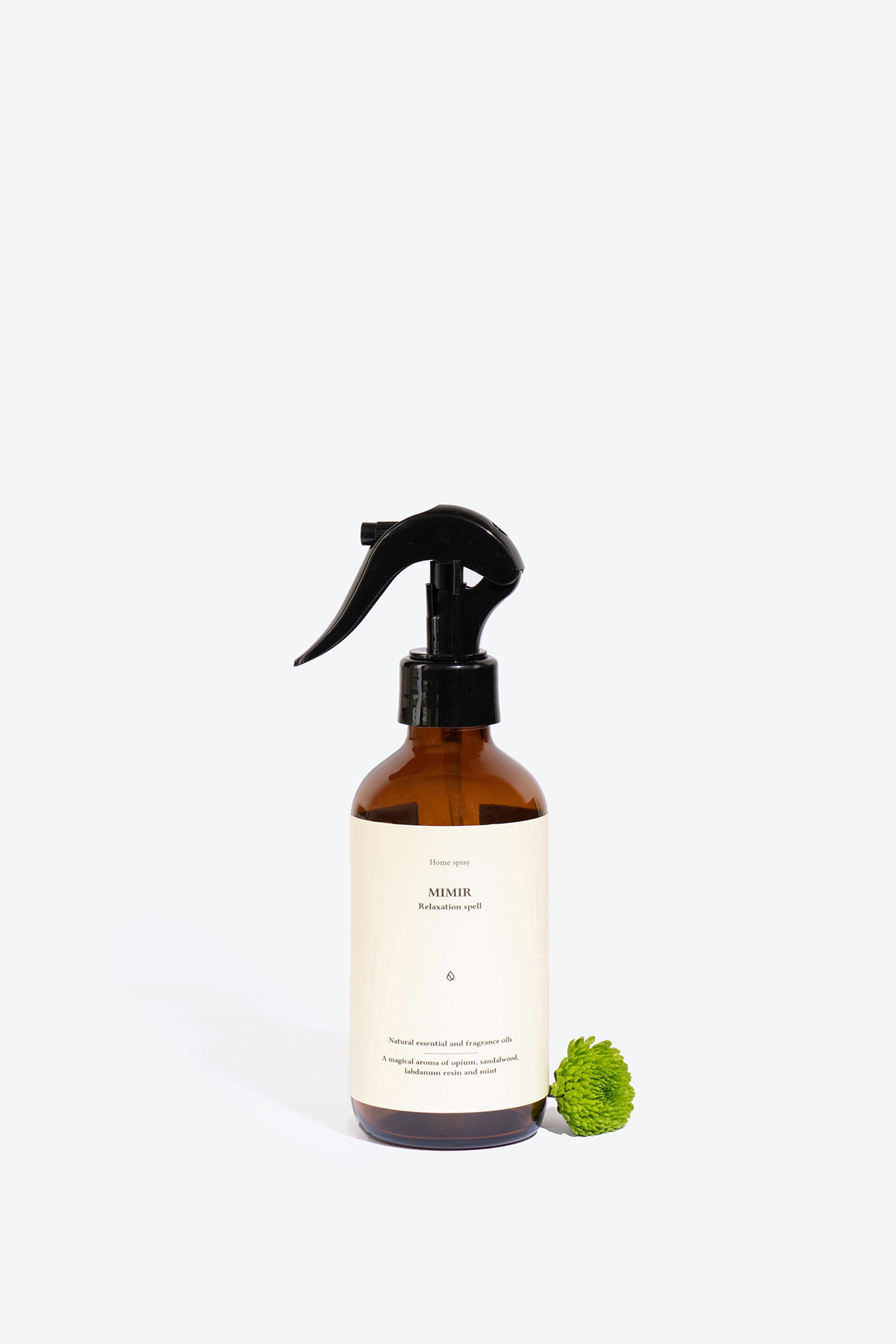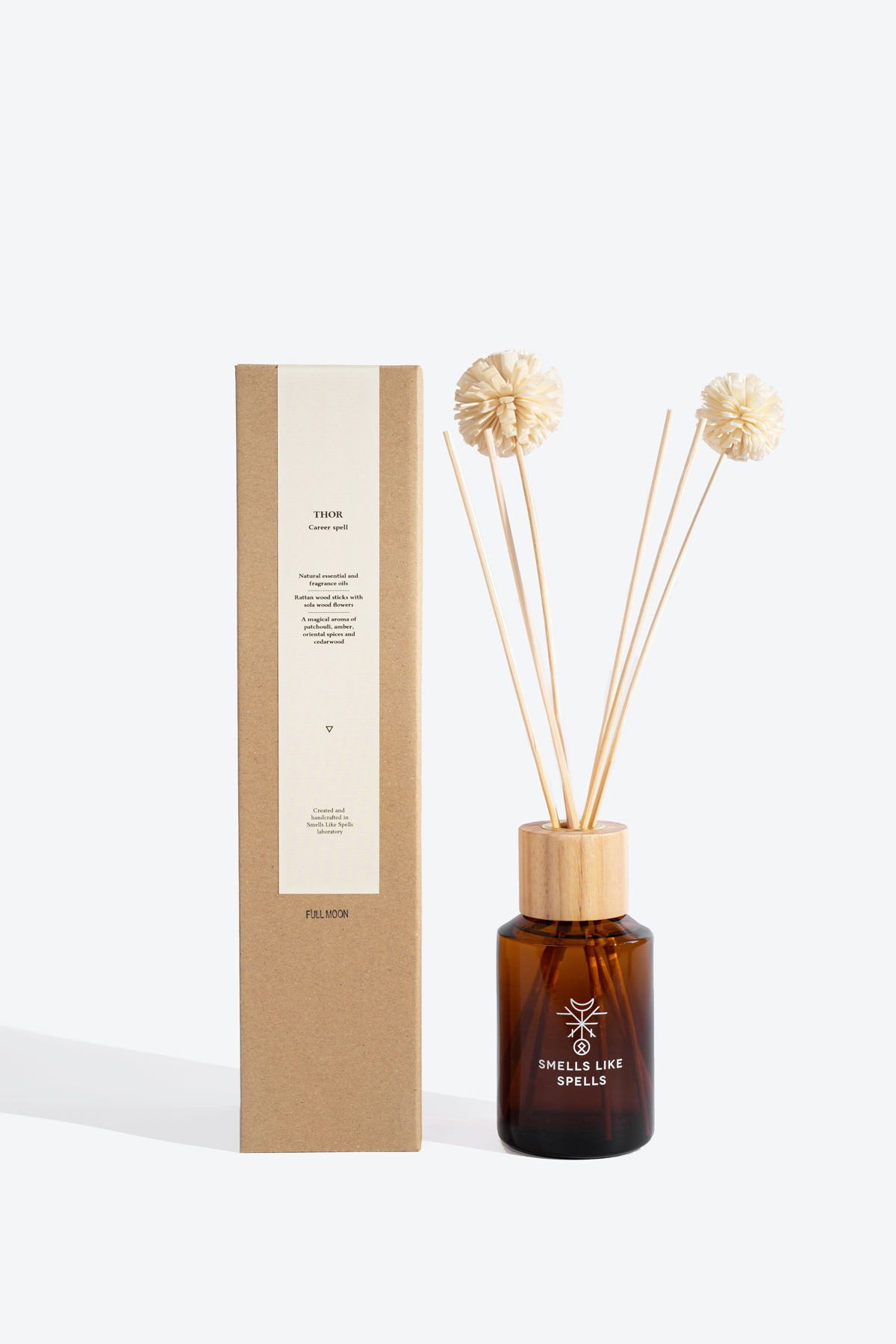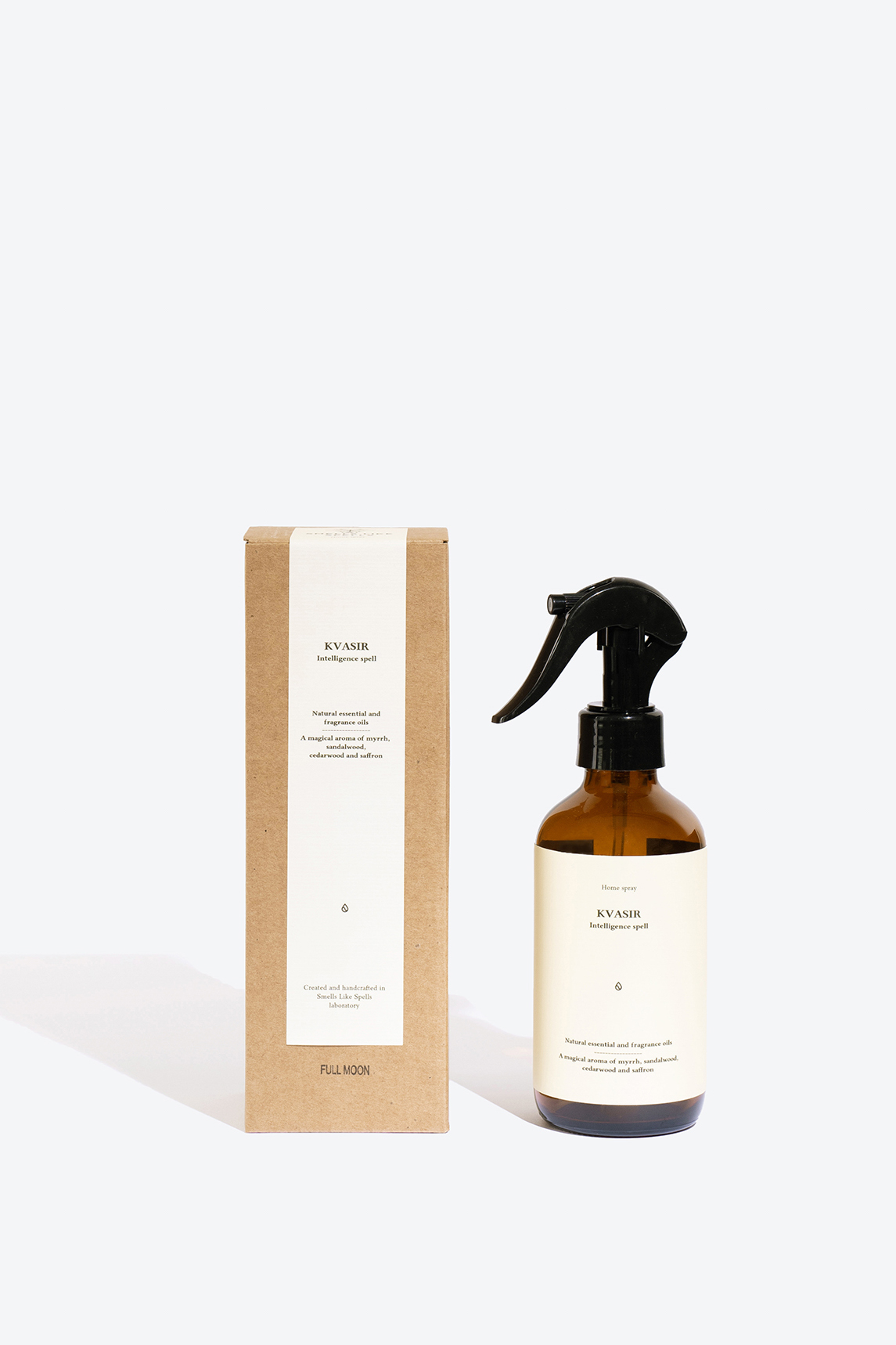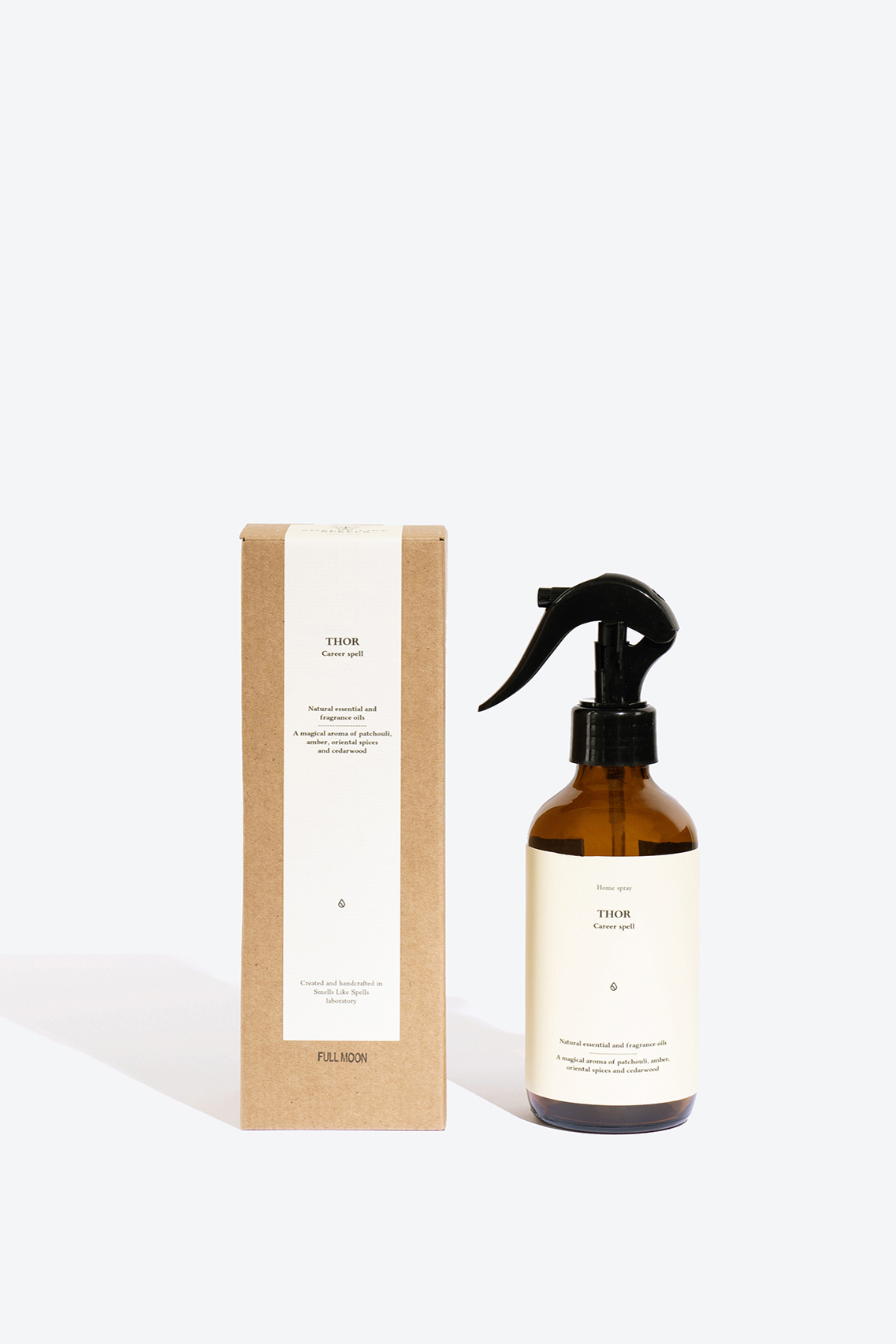Labdanum, also known as rockrose, holds a rich history spanning across perfumery, magic, and aromatherapy. It is used for magical or spiritual practices involving protection, money, and respect. Essence has long been valued for its musky, sensual scent. In ancient times, labdanum was collected by combing the beards and thighs of goats and sheep that grazed in labdanum bushes, and many of the false beards worn by the Egyptian pharaohs in ancient times were made precisely from the hair of goats that smelled of the magical and royal aroma of labdanum. Some Bible scholars believe that mysterious labdanum was one of the most important components of sacred incense.
Labdanum resin is obtained by harvesting the sticky, resinous exudate from the leaves and twigs of certain rockrose species, particularly Cistus ladanifer. Traditionally, the resin was collected by hand or by combing the branches of the plant to gather the sticky exudate. Modern methods involve solvent extraction to obtain labdanum absolute, a concentrated form of the resin used in perfumery.
Essence has been prized in perfumery for its rich, complex, and warm aroma. It possesses a deep, resinous scent with hints of sweetness and a leathery undertone. It is often used as a base note in perfumes, adding depth and longevity to fragrances. Labdanum blends well with other essential oils and fragrances, enhancing their overall olfactory profile. Its scent is often described as amber-like, contributing to the creation of oriental and woody fragrances.
In ancient times, labdanum was considered sacred and was used in various religious ceremonies and rituals. It was believed to have protective and cleansing properties, warding off evil spirits and negativity. The resin was also used as incense, believed to facilitate spiritual connection and meditation.
In aromatherapy, labdanum is valued for its grounding and soothing properties. Its warm, resinous scent is thought to promote relaxation and emotional balance. It is sometimes used in blends aimed at reducing stress, anxiety, and promoting a sense of calm. Some practitioners believe that labdanum can help with meditation by inducing a state of mental clarity and tranquility.
Throughout history, labdanum has been used in various traditional medicines for its purported healing properties. It has been used topically for skin conditions such as wounds, cuts, and bruises, believed to possess antiseptic and wound-healing properties. Additionally, labdanum has been used in culinary applications, particularly in the Middle East, where it is sometimes used as a flavoring agent in sweets and beverages.
